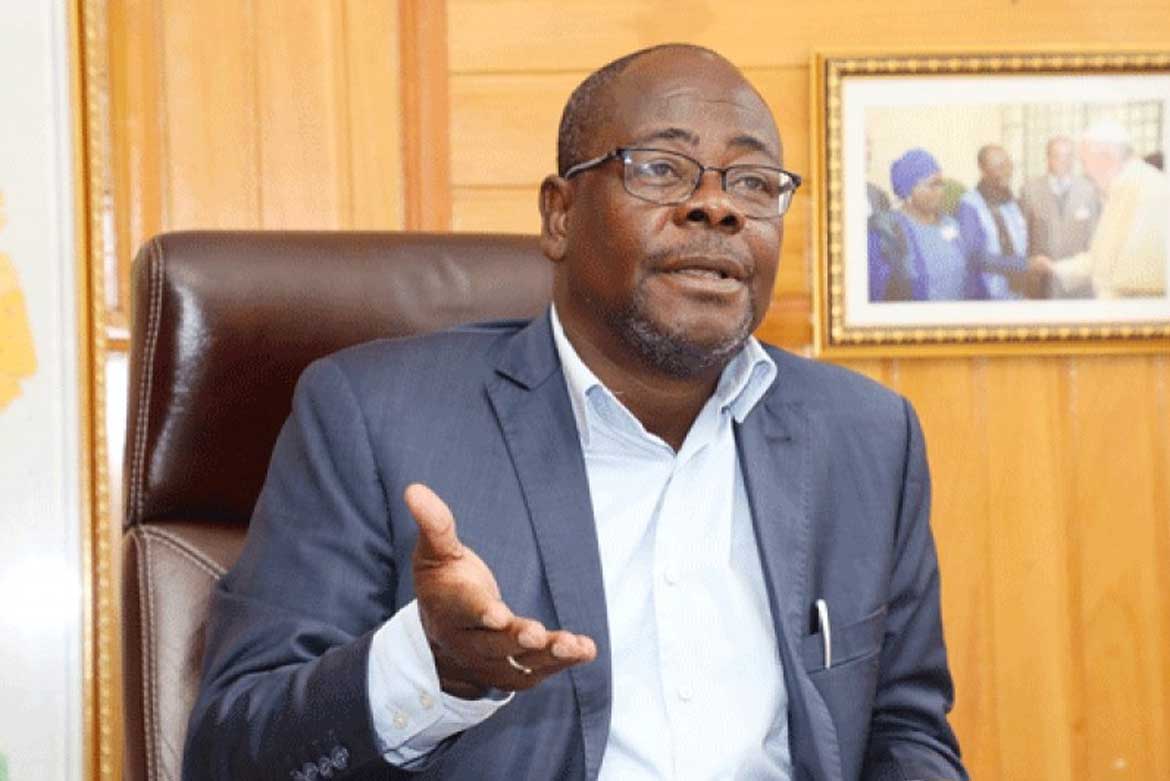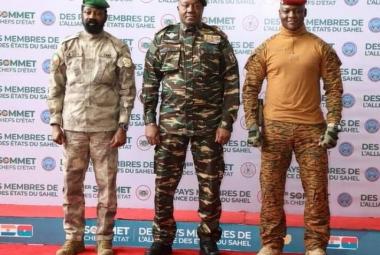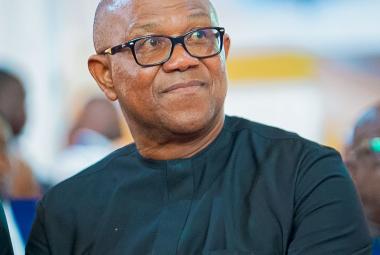Our economic capital has been hosting the second edition of the African space forum organized by the African Union for several days. It brings together around 300 decision-makers, engineers, as well as space companies from the continent. According to the African Union, in 2021, the space domain generated nearly 20 billion dollars and we have been witnessing for some time a new race towards space. While until now only States were interested in space, today private companies are investing more and more in it, which means that the sector is very buoyant. There is therefore no reason why the African continent should not in turn be interested in space. According to Mr. Eric N'guessan, the secretary general of the African Association for Technology and Innovation quoted by RFI, "the innovative idea is that from the beginning to the end of the chain, we know all the skills, all the intellectual resources for us to train young people. We train in math, we train in electronics, we train in programming so that we can master the whole chain to get to the satellite. Today we are able to master this chain. The last link is the launcher." Thus, still according to RFI, Gabon embarked on the space industry in February 2021, to better control climate change and obtain reliable forest cover data to calculate greenhouse gas emissions. And, according to Mr. Aboubakar Mambimba Ndjoungui, Deputy Director of the Gabonese Agency for Space Studies and Observations, "before we spent many millions of CFA francs, a lot of personnel to engage in missions in the field which lasted six, seven months, to go and do the forest inventory. With the satellite we have today, we have few people on the ground, we only go to places where there is a lack of data. We saved time and money. We have a very important contribution to issues related to floods: satellite tools allow us to identify flood-prone areas and avoid natural disasters."
I can only congratulate our African authorities for these initiatives which will allow us to no longer lag behind in the race for stars. However, I wonder if, before dreaming of the stars or at least at the same time, we would not also do better to try to keep our two feet solidly on the ground. We are told that satellites will allow us to better control the management of our forests, the weather, floods, etc. But while we seek to develop all this, our peasants still work with instruments dating from the Paleolithic or almost, namely the machete and the daba. Why don't we also work to develop these agricultural techniques? Today, and always have, most of our countries in sub-Saharan Africa depend on agriculture for their survival. We are proud to say that we have the last arable land in the world. But what do we do with it? How do we use them? Our farmers have the lowest productivity in the world. Because we simply use archaic techniques to cultivate our land. All over the world, more and more sophisticated tractors are used to cultivate the fields. Except in sub-Saharan Africa where our only tools are the daba and the machete. In 2023. It is not for us to reinvent the tractor. It is simply a question of adapting it so that it makes us mounds of yams for example, or of simplifying it sufficiently so that it is within reach of the purse of our peasants. None of the engineers that our countries have trained at great expense have worked there. And none of our countries have hired their scientists and engineers trained at great expense to work there. Because the Europeans have never been interested in this problem which is no longer theirs, so that we follow them. Because all we know how to do is follow others. We have never sought to solve our own problems. Today everyone is talking about space. So we get into it too. Knowing that we have no way to compete with others. Let us not forget that those who are in space today first solved the problem of the productivity of their peasants. By giving them tractors and fertilizers. And their populations are no longer hungry. We produce what is needed to make fertilizers, but it is Ukraine that manufactures them. What if, before trying to manufacture satellites, or at the same time, we also seek to settle these questions as a priority?
I had repeatedly deplored in these columns the fact that we were not trying to manufacture machines to pound our foutous, mils, corn and others. We can rejoice. The Chinese made the foutou machine. Now how do we convince ourselves to use it in order to let our wives and servants take care of something else so that their sweat no longer wets our dishes? We will have to wait for many more years.
By Venance Konan
*This article has been translated from French into English by Marcus Boni Teiga




















